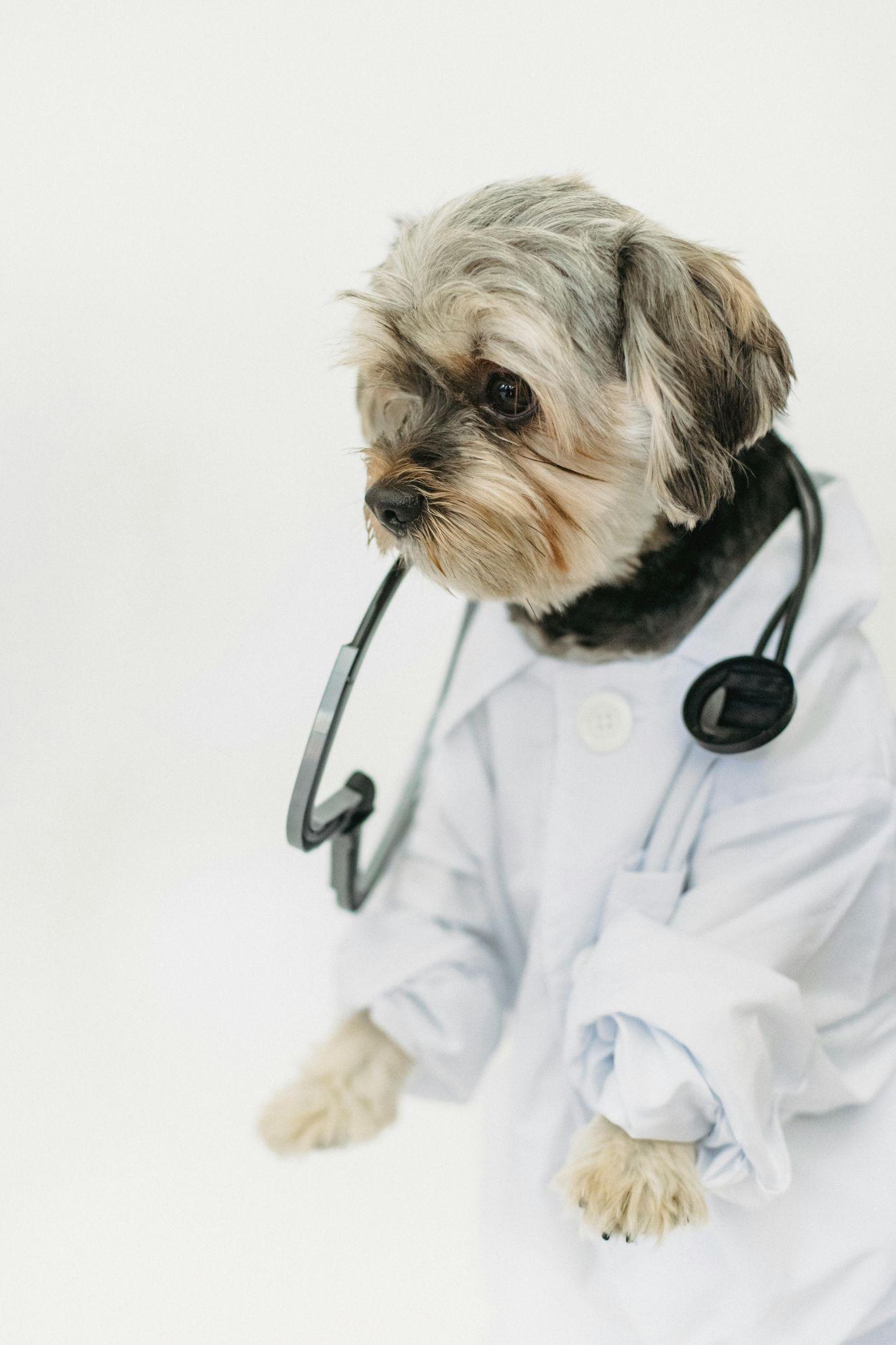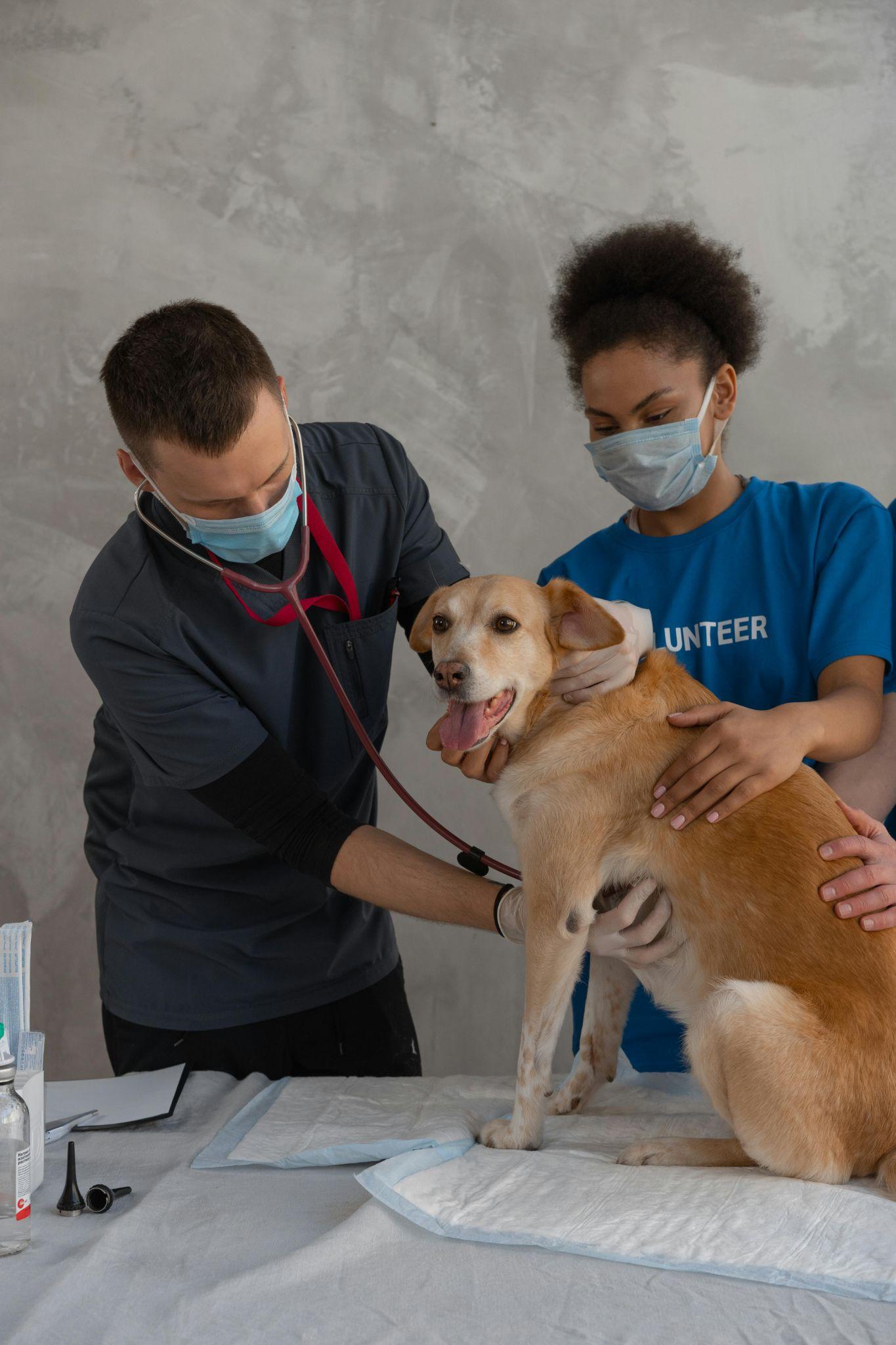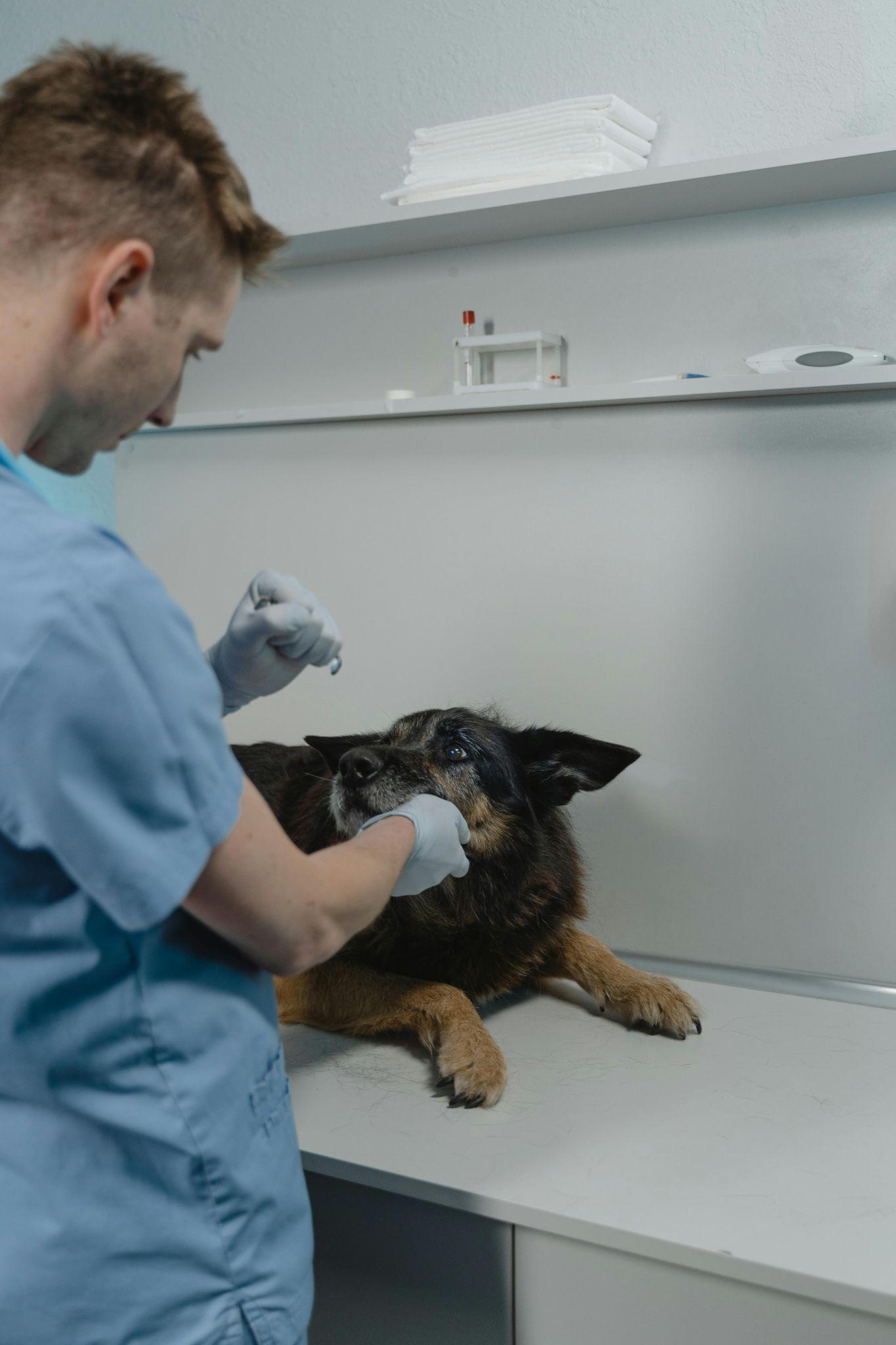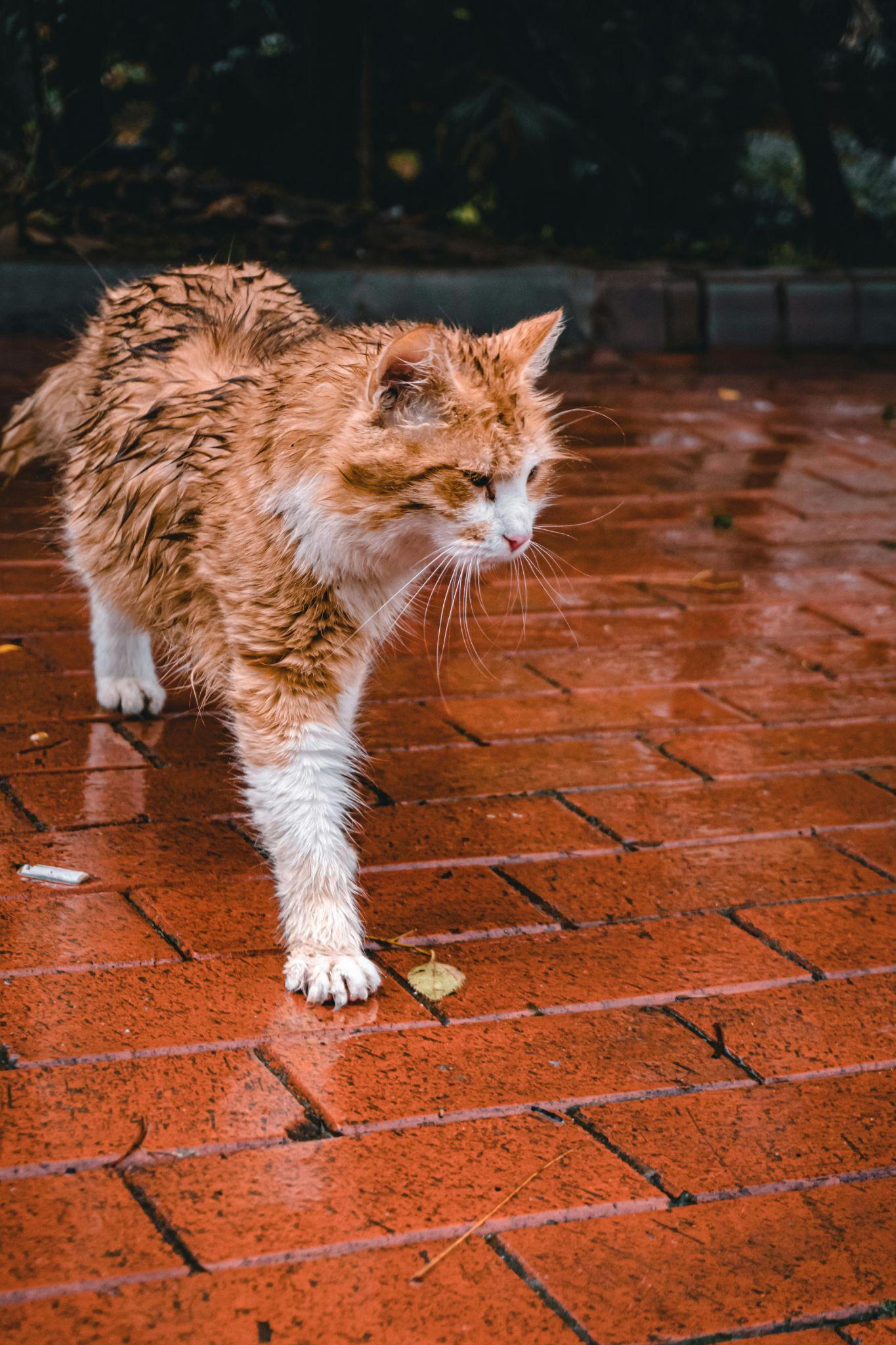The Most Common Pet Emergencies and How to Prepare
As a pet owner, ensuring the health and safety of your furry friends is one of your most critical responsibilities. Emergencies can occur unexpectedly, whether it’s a sudden illness, an injury, or a natural disaster. Being prepared can make all the difference in handling these situations effectively. In this guide, we’ll explore the most common pet emergencies and provide essential tips on how to prepare for them. https://truepetslove.com/product/amazon-pet-carrier/
Understanding Common Pet Emergencies
What Are the Most Common Pet Emergencies?
Pets, like humans, can face a variety of emergencies. Understanding these situations helps you respond promptly and effectively. Here are some of the most common pet emergencies:
- Accidental Poisoning
Pets are naturally curious and may ingest harmful substances—household cleaners, certain plants, or human foods like chocolate and grapes. - Trauma or Injury
Accidents can happen due to fights with other animals, falls, or car incidents. Injuries can range from minor scrapes to severe fractures. - Severe Allergic Reactions
Allergies can manifest from insect bites, food, or environmental factors. Severe reactions can lead to difficulty breathing and even anaphylaxis. - Heat Stroke
Pets are at risk of overheating, especially during hot weather. Symptoms include excessive panting, drooling, and lethargy. - Vomiting and Diarrhea
While occasional vomiting and diarrhea may not be serious, persistent symptoms can indicate underlying issues, such as infections or blockages. - Seizures
Seizures can be alarming and may occur due to various reasons, including epilepsy, toxins, or metabolic disorders. - Difficulty Breathing
Respiratory distress can arise from infections, allergies, or heart problems and requires immediate attention.
Why Is It Important to Prepare for Pet Emergencies?
Preparation is key to effectively managing pet emergencies. Being proactive can help you remain calm and focused during stressful situations. Here are some reasons to prepare:
- Quick Response: Knowing what to do can save precious time when every second counts.
- Informed Decisions: Recognizing signs of emergencies helps you make informed choices about seeking veterinary care.
- Reduced Stress: Preparation alleviates anxiety and equips you with a plan, making it easier to handle any situation.
Preparing for Pet Emergencies
Creating a Pet Emergency Plan
A well-thought-out pet emergency plan is your best defense against unexpected situations. Here are essential steps to include:
1. Know Your Veterinarian and Emergency Clinics
Keep a list of your regular veterinarian and nearby emergency clinics, including their contact numbers and addresses. Familiarize yourself with their hours of operation, as some clinics may only be available during specific times.
2. Compile an Emergency Kit
An emergency kit can provide critical supplies when you need them most. Here’s what to include:
- Basic First Aid Supplies
- Bandages
- Antiseptic wipes
- Gauze pads
- Adhesive tape
- Tweezers
- Scissors
- Pet-Specific Items
- Pet medications and records
- Food and water (enough for at least three days)
- Leash, harness, and muzzle (if necessary)
- Favorite toys and bedding to provide comfort
- Identification
- Microchip information
- Current ID tags
- Photos of your pet in case they go missing
3. Practice Emergency Scenarios
Role-play various emergency scenarios with family members or caregivers to ensure everyone knows what to do if an emergency arises. Consider practicing how to transport your pet safely in a crate or carrier during emergencies. 
Developing a Communication Plan
1. Emergency Contacts
Keep a list of emergency contacts, including family members, friends, and neighbors who can help care for your pet. Ensure everyone involved in your pet’s care is aware of your emergency plan and how to implement it. https://truepetslove.com/product/giomoc-doc-car-seat-cover/
2. Social Media and Pet Apps
Use social media to quickly inform friends and family if you need help. Some pet-focused apps allow you to send alerts and locate emergency vets.
Preparing for Natural Disasters
Natural disasters can occur without warning, so it’s essential to have a plan specifically for these situations. Here’s how to prepare:
1. Stay Informed
Keep track of local weather alerts and natural disaster warnings. A weather app can provide timely information.
2. Create a Disaster Kit
Your disaster kit should include items from your emergency kit and additional supplies, such as:
- Extra food and water
- Pet medications and documents
- Crate or carrier for safe transportation
- Flashlight and batteries
- Blankets and comfort items
3. Evacuation Plan
Know your evacuation routes and places that allow pets. Practice this plan regularly to familiarize your pet with it.
The Importance of Regular Vet Check-ups
Routine vet visits can help identify potential health issues before they become emergencies. Regular check-ups ensure your pet is up-to-date on vaccinations and dental health and can also help detect allergies or other underlying conditions.
Signs That May Indicate a Pet Emergency
Recognizing when your pet requires immediate veterinary attention is crucial. Here are some signs to look out for:
- Excessive panting or drooling
- Persistent vomiting or diarrhea
- Unusual behavior, such as lethargy or aggression
- Bloated abdomen or signs of pain
- Seizures or disorientation
If you notice any of these signs, it’s best to consult your veterinarian or seek emergency care immediately. https://truepetslove.com/
As a dedicated pet owner, you hold the responsibility of ensuring your furry companion’s safety and well-being. Understanding the most common pet emergencies and knowing how to prepare can make all the difference in a crisis. By developing a comprehensive emergency plan, maintaining an updated emergency kit, and staying informed, you can ensure your pet remains safe and healthy. Remember, the key to managing pet emergencies is preparation, awareness, and quick action. When it comes to our beloved pets, being prepared is the best way to show them love and care!
